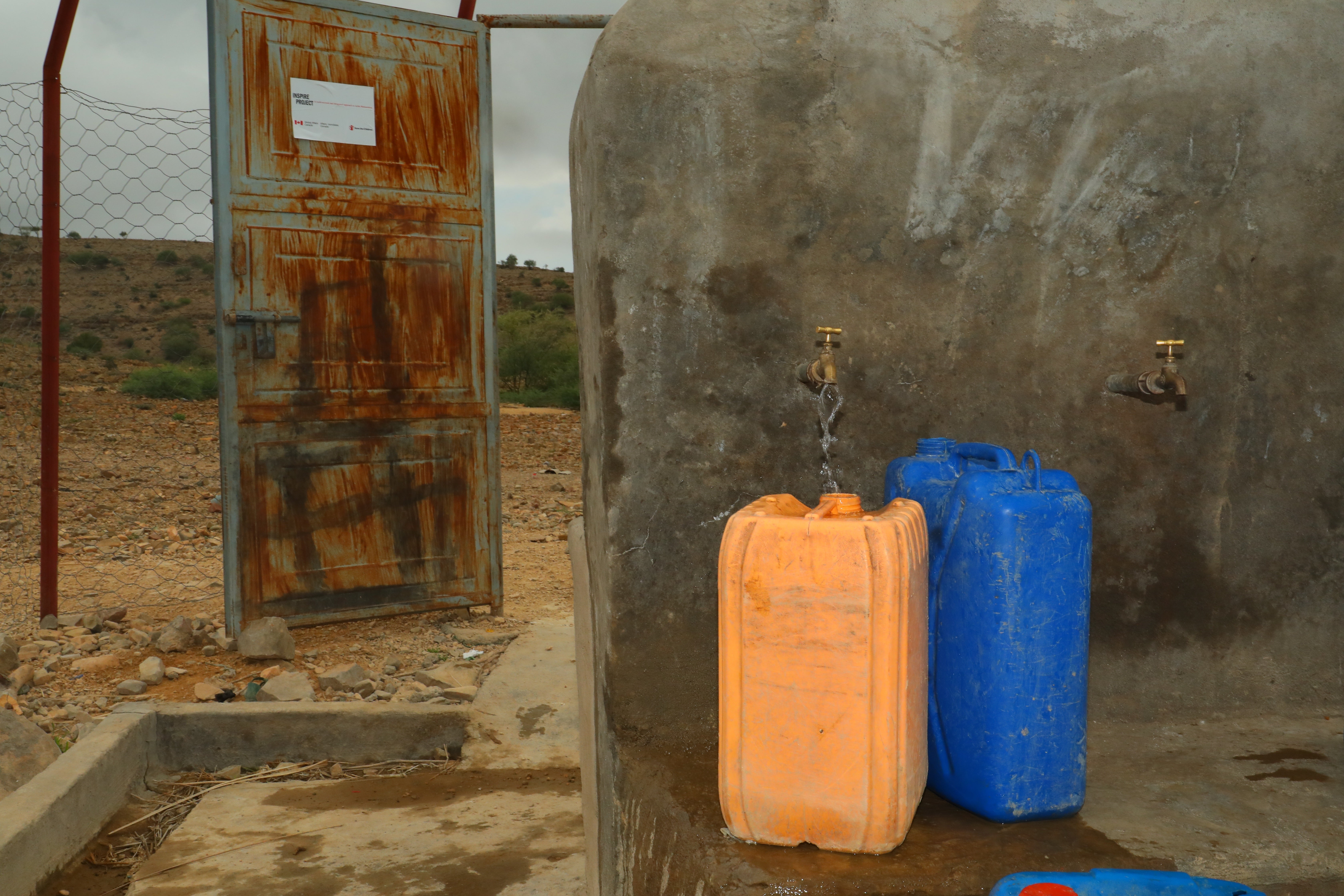Key findings published in the latest edition of Water International journal

Research conducted by the College of Public Policy (CPP) and Ethiopia’s Hawassa University offers recommendations for ensuring access to water and sanitation for all, the key objective of the United Nations’ Sustainable Development Goal 6.
Published in the latest edition of Water International, ‘Tailored approaches of data collection for improved water system management in resource constrained contexts: lessons from Ethiopia’ describes a university–government collaboration that addressed key data limitations associated with the management and supply of water. The research was undertaken against the backdrop of approximately 800 million people around the world living without access to clean water supplies. This also means that around one in ten of the global population remain highly susceptible to water-borne illnesses and diseases, particularly infants and children. Conversely, progress toward meeting the SDGs by 2030 remains slow and uncertain.
One of the greatest challenges for ensuring access to clean water is the development of solutions that match demand to context. In rural parts of Ethiopia, for example, imported water systems often fail due to a lack of access to replacement parts. To overcome this, the CPP and Hawassa University worked with government partners to identify the root causes of lack of access to water and developed a new approach for water system management and governance. Their pilot project, which occurred in a specific district, tested potential solutions and provided recommendations for government actors to scale and adapt solutions across other parts of the country.
The project builds on a Memorandum of Understanding signed by the CPP and Hawassa University in 2022. Since then, faculty at both institutions have collaborated on several projects, including on sustainability, food security and land governance. Further research projects are expected in the year to come.





